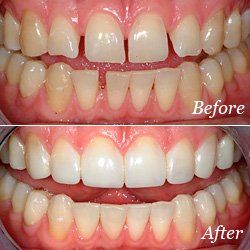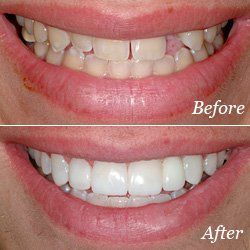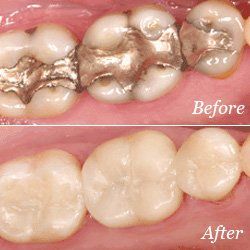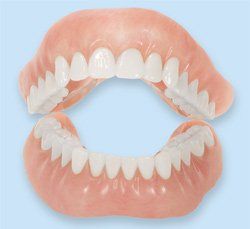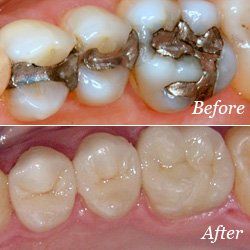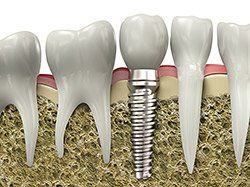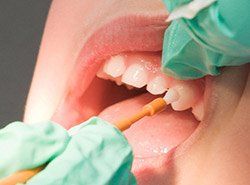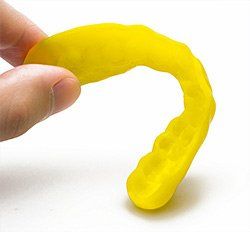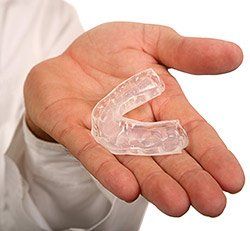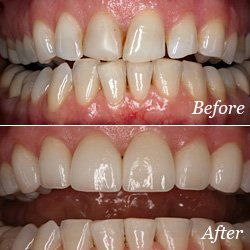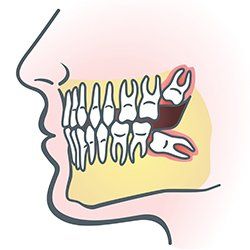Regular dental exams are necessary to maintain your oral health. During the exam, we
- Look for dental problems
- Check for cavities and other signs of tooth decay
- Examine your teeth and gums, looking for signs of gingivitis and periodontal disease
- Perform a thorough dental cleaning
Regular exams usually take about 45 minutes. Each exam includes a detailed dental cleaning. This typically involves cleaning, polishing, and rinsing teeth to remove tartar or plaque (If any) built up on a tooth’s surface.
We recommend a dental visit once every six months. It will give you a chance to talk to the dentist and ask any questions you may have regarding oral hygiene or your dental health.
Please understand that regular dental exams are offered by appointment. Contact our facility today so we can confirm an appointment at a time that fits your schedule best.



